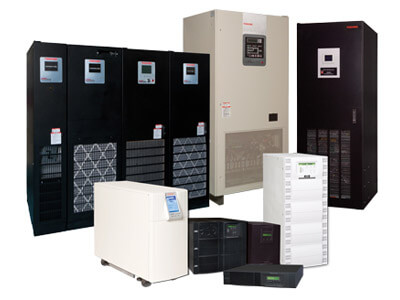New Product Announcement

To learn more about these or any of our products please contact your sales person, ESSE (855-GEN-ESSE) or visit our website.
Important Considerations for a UPS System
If you decide to invest in a UPS System to protect your equipment during an outage there are a number of important considerations that will need to be addressed to successfully implement the system:
- The load size and the type of load should be evaluated with additional consideration given to planned or possible load growth. Load evaluation includes checking voltage requirements in order to determine if transformer(s) will be needed. These can be integrated into the UPS for input or output voltage requirements. There is also the possibility that isolation transformers will be needed in the system.
- The amount of battery backup time is another consideration and can be a major cost driver. Extended run-time requires use of extra battery cabinets increasing purchase cost, maintenance and footprint.
- The system topology may also be a consideration in the smaller ranges, typically below 6kVA. In this range, there may be options available with Standby, Line-Interactive or Double Conversion topologies – each having cost/benefit considerations.
- If a generator will be part of the design the system compatibility should also be evaluated to minimize any possible oversizing requirements related to harmonic content.
- Finally, the total cost of ownership (TCO) should be considered. There are a number of factors that play into this such as initial cost, warranty period, efficiency, maintenance costs, operating costs, physical space, and service costs. Note that properly sizing the UPS plays into all of these factors and has a major effect on the TCO.
Once you answer these questions you’ll have the information you need to choose the system that will work best for your situation. Don’t hesitate to contact us with any concerns/questions you might have and our knowledgeable sales team will be happy to help.


